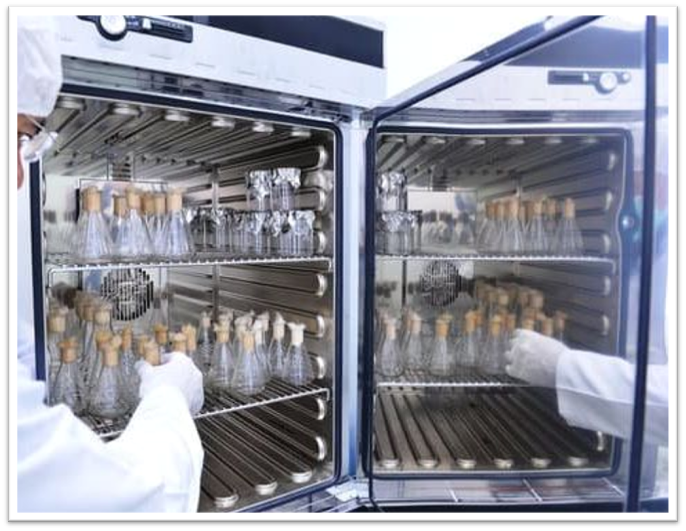Using energy efficiently, conserving energy, and identifying unnecessary energy use will minimize UMass Lowell's impact to regional utility grids and associated environmental impacts. UMass Lowell's Energy Management group is committed to seeking opportunities to use the minimum possible energy maintaining comfort levels for building occupants and supporting the University in achieving its mission in excellence and innovation.
To be the most efficient user of energy and to help the University minimize its carbon footprint, it takes the support and commitment from the campus community. Following these energy-saving tips will help UMass Lowell support a better environment for the campus, the local and regional community, and the world:
In offices, classrooms, and labs:
- Turn off lights when you leave at night
- Use natural lighting or daylighting
- When feasible, turn off lights near windows
- Use task lighting
- instead of brightly lighting an entire room, focus the light where you need it, to directly illuminate work areas
- At night, close the blinds to reduce heat loss
- In the winter months, open blinds on south-facing windows during the day to allow sunlight to naturally heat your workspace
- Unplug equipment that drains energy when not in use (i.e. cell phone chargers, fans, coffeemakers, desktop printers, radios, etc.)
- Use electric smart strips to minimize electricity used by items on the strip (EcoStrips)
- Turn off your computer monitor when not in use for more than 20 minutes
- Turn off both the CPU and monitor if you're not going to use your computer for more than 2 hours
- Spot check room temperatures
- Rooms that are too hot or too cool may be due to faulty thermostats or other controls that are malfunctioning or have drifted from set points, resulting in wasted energy as well as uncomfortable conditions for you
- Use of space heaters is highly discouraged
- Set refrigerator and freezer temperatures at necessary levels instead of the lowest set point the equipment can achieve
- Clean out and consolidate freezers and refrigerators at least once per year
Additional measures for the labs:
- When possible turn off electrical equipment when not in use
- If equipment doesn’t need to be left on overnight, or during certain periods of the day, use timers
- Turn off your computer’s monitor when not in use
- The monitor consumes over half of the energy used by the average computer
- Put your computer and monitor into "sleep" mode after 10 minutes and cut power use nearly to zero
- Turn off ovens
- Evaluate if your usage requires continuous heat or if heat can be reduced or turned off at some point
- Minimize the amount of times the oven door is opened and how long it is open
- Keep the sash closed on your fume hood
- This promotes both energy conservation and safety
- If you would like to temporarily turn off your fume hood, please contact Facilities Service Center at ext. 4-2601
- Report drips of water from sink taps, chilled water connections or Reverse Osmosis (RO) faucets
- Consolidate incubator use and freezer storage to minimize the number of appliances used

- Develop maintenance schedules for scientific equipment, such as cleaning compressor coils on cooling devices, to extend the device's life and maintain its energy efficiency
